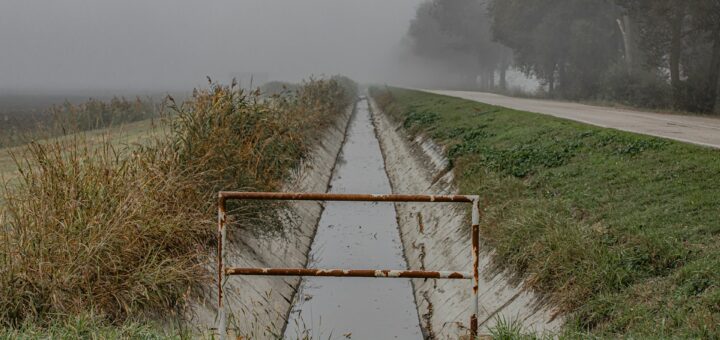Avoiding the Ditch

When it comes to leading, working with, or simply being around people, it’s easy to fall into the ditch.
We hit the ditch when we make assumptions about someone’s level or lack of knowledge. We hit the ditch when we ascribe things to them that may or may not be true. And when we hit the ditch, it’s bad for them and for us.
There are two ditches that we are prone to hit when working with others:
Ditch #1: we assume that people are stupid.
There are a million ways this ditch can appear, but we primarily fall into it when we think we’re the smartest person in the room or that no one can do it as well as we can. We veer towards the ditch when we take one person’s one mistake from a project six years back, and we forecast that flaw into all of their future endeavors.
Ditch #2: we assume that people are brilliant.
We crash into the “brilliant” ditch when we coast through a project believing that everyone knows what we know or has experienced what we have experienced. We ignore the nagging question in the back of our minds that they actually understand the assignment. We overlook yellow flags that could foul up a task or derail a project.
Obviously, Ditch #1 feels bad because we shouldn’t think people are stupid. But Ditch #2 is equally bad, because no one person has the market cornered on institutional or contextual knowledge. When we fail to coach, encourage, and equip along the way, we’re heading straight for the ditch, and taking others with us.
So what is the solution? There are two, actually, and they fall right between the ditches:
Solution #1: beware of the curse of knowledge.
Chip and Dan Heath popularized the term “curse of knowledge” in Made to Stick: when we know something, it’s hard to imagine that someone else doesn’t know that same thing. Being aware of the curse of knowledge keeps us out of the “everyone is stupid” ditch because we know that not everyone knows what we know. That doesn’t have to be a puffed-up-and-prideful type of knowledge, but a humble reminder that giving context and clarity is a gift.
Solution #2: be proactively helpful.
Before the task comes due…before the project is derailing…before the first meeting happens…we should look for ways to add value to other people and other teams. We don’t have to have jurisdiction over their area to be helpful. We don’t have to sit above someone on the org chart to serve them well. Building relationships with people before you need them to serve your own ends isn’t just something that’s vocationally expedient…it’s just the right thing to do.
Ditches are real, and we should be aware of them. But the solutions are simple, and we should pursue them.
Related posts:
- Leaders, Get Rid of Your Confirmation Bias
- You Don’t Work With Dummies
- When It Comes to Your Volunteers, Assume the Best
- Where Are You Adding Value?
